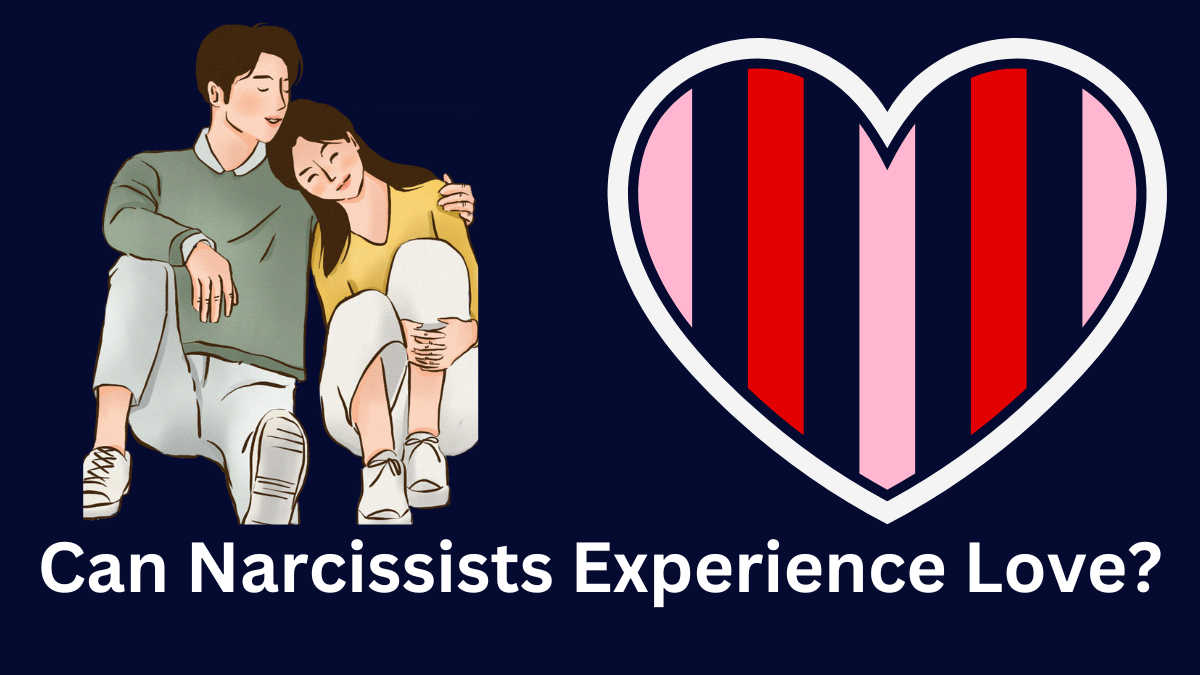Narcissists have a bad reputation. They are often seen as self-obsessed and unable to form genuine relationships with others. But is this really true? Can narcissists experience love? The answer may surprise you.
In this story, we will discuss the different types of love that narcissists experience and explore whether or not they are capable of forming healthy relationships.
1. What is love?
Love is a deep, emotional feeling of affection and care. It can be felt by friends, family members, romantic partners, or even pets. Love is often described as being warm, fuzzy, and comforting. It can make you feel happy and joyful, and it often inspires people to do kind things for others.
2. The different types of love
There are several different types of love, including:
1. Romantic love: This is the type of love that is typically associated with romance and passion. It is often described as being intense and passionate.
2. Companionate love: This type of love is platonic and typically feels more like a friendship than a romantic relationship. It is based on mutual respect and caring for one another’s wellbeing.
3. Passionate love: This type of love is often associated with young relationships and is characterized by extreme highs and lows. It can be very exciting but also somewhat unstable.
4. Emotional love: This type of love is based on feelings of intimacy and attachment. It is often described as being very protective and supportive.
3. Can narcissists experience love?
Yes, narcissists can experience love. However, their love may be different from the love experienced by other people. Narcissists often feel intense romantic love, but this love can be based on obsession and control rather than mutual respect and caring. Their relationships may also be characterized by high levels of drama and volatility.
4. The three types of love that narcissists experience
Narcissists may experience three different types of love: romantic love, passionate love, and emotional love. Romantic love is often based on obsession and control rather than mutual respect and caring. Their relationships may also be characterized by high levels of drama and volatility.
Passionate love is often associated with young relationships and is characterized by extreme highs and lows. It can be very exciting but also somewhat unstable. Emotional love is based on feelings of intimacy and attachment. It is often described as being very protective and supportive.
5. How healthy are these relationships really?
The relationships between narcissists and their partners can be quite unhealthy. Narcissists often have a need to control their partners and may resort to manipulative and abusive behaviors in order to do so. Their relationships are often characterized by high levels of drama and volatility, and they can be quite unstable.
6. The problems with relationships with narcissists
The most common problem with relationships with narcissists is that they are very demanding. Narcissists often have a sense of entitlement and they expect their partners to meet all of their needs. They can be very manipulative and controlling, and they will often use guilt trips and threats to get what they want.
Another problem with relationships with narcissists is that they are often very volatile. The narcissistic partner can go from being loving and affectionate to angry and abusive in a matter of minutes. This can be very confusing and frightening for the non-narcissistic partner.
Lastly, relationships with narcissists are often very one-sided. Narcissist typically expects their partner to do all of the compromising and sacrificing, while they themselves make no effort to change their behavior. This leaves the non-narcissistic partner feeling drained and frustrated.
